What is KYC and KYC Process?
KYC, more commonly known as ‘Know Your Customer’, is a verification process that ensures the safety of financial bodies. This process allows institutions to confirm and thereby verify the identity and authenticity of customers. Therefore, this process promotes clients to provide their KYC documentation prior to investing in financial elements.
The verification process plays a key role in the security maintenance of a financial organization. This process eliminates the risk of the financial body getting mixed with illegal activities through the customer. Hence, with active online verification and offline authentication, KYC allows financial bodies and trading platforms to catch illegal activities.
How It Works
Digital KYC can be explained as follows:
-
Gathering Information:
This is the first step of the process. Here, the process requires the organization to collect personal information about the customer. A portal of the preferred financial body allows the customer to fill out an online registration form. The information provided should be correct and updated to enter the system.
-
Providing Evidence
Soon after providing information, the system requires the applicant to validate the information. Issuing relevant documents can validate the applicant’s information. Here the documents serve as proof to show that the applicant supplied authentic information.
-
Verification of the Applicant
With the relevant documents uploaded, the information and documents undergo identification. Along with a follow-up examination, a test runs to detect any possible tampering in the documents. Once the documents are validated the required data is extracted from them.
How KYC Affects FinTech
One of the biggest tenures of creating a new FinTech product involves financial regulations and KYC requirements. With FinTech applications swarming the market, one may think it would be easy to design and launch a new FinTech application. However, according to FinTechMagazine, designing a new FinTech app proves to be one of the most taxing and difficult jobs to do. This job involves a number of challenges that can indefinitely affect the adoption and usability of the final FinTech product. KYC can be given as one such challenge that all financial service providers must adapt to.
KYC, generally, consists of validating the customer’s identity, identifying the nature of the customer’s behavior, and evaluating the possibility of money laundering and terrorist financing activities. In traditional banks, KYC runs through account managers who manually manage customer identification and validation. However, with the emergence of FinTech and digital banking, KYC has also been entering the digital space.
This process brings about significant benefits to both the user and FinTech provider. Faster onboarding and improved user experience are some such benefits. Albeit the advantages, several challenges still remain.
- The ever-changing amount of customer information and regulatory requirements constantly prove to be a challenge to handle.
- Extra-long application processes can be unappealing to customers and result in missed business opportunities.
- The unavailability of a consistent global KYC standard leaves doubts about the system and promotes self-made regulations and compliance systems.
- Certain customers lack control over how their information. This leads to potential security breaches.
Despite the above-mentioned challenges, financial bodies heavily benefit from the integration of KYC in customer identification and validation. With the implementation of KYC in the digital space, FinTech organizations gain the extra security needed to ensure safe and legal transactions with customers with the minimum amount of risks.













